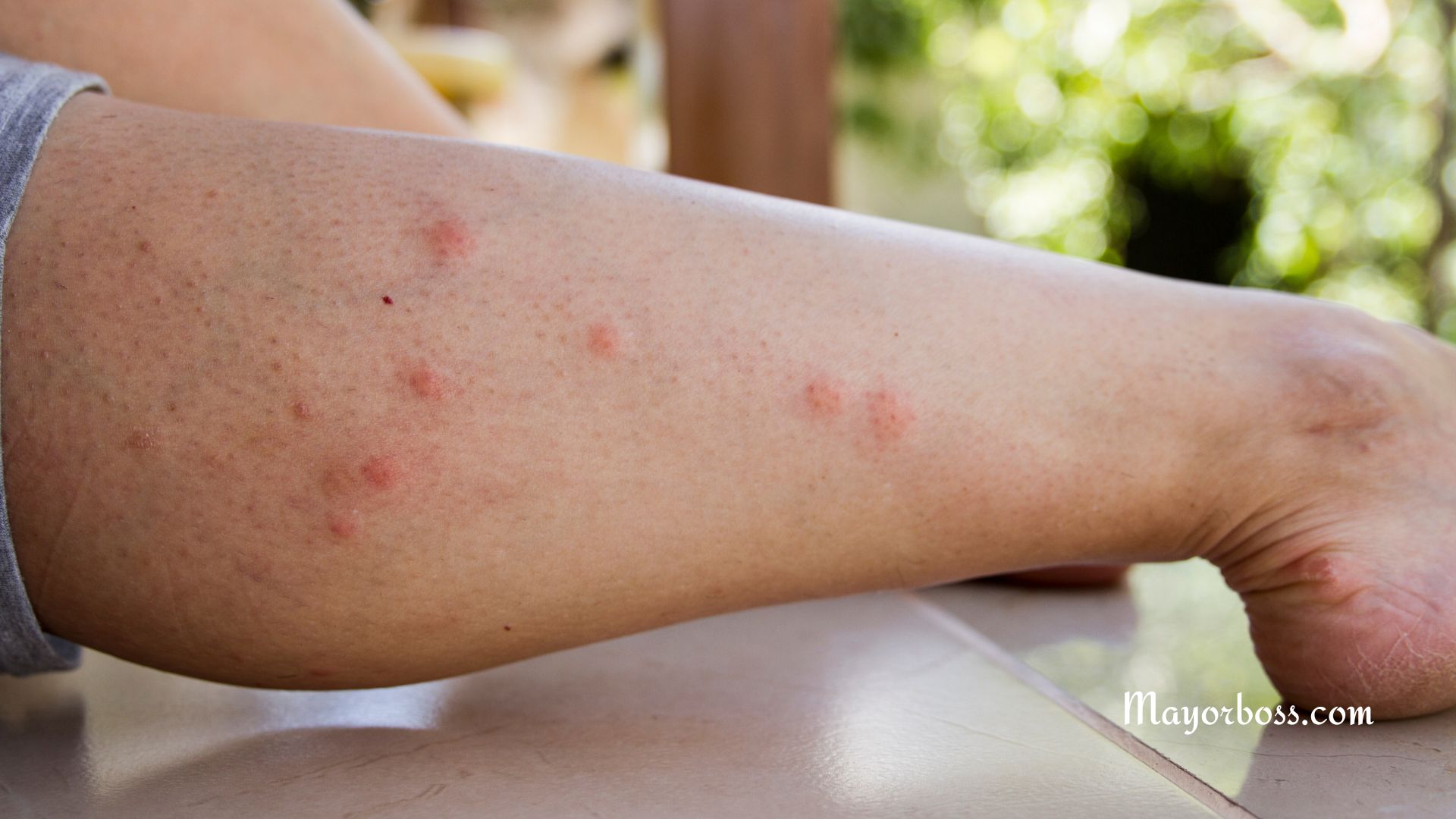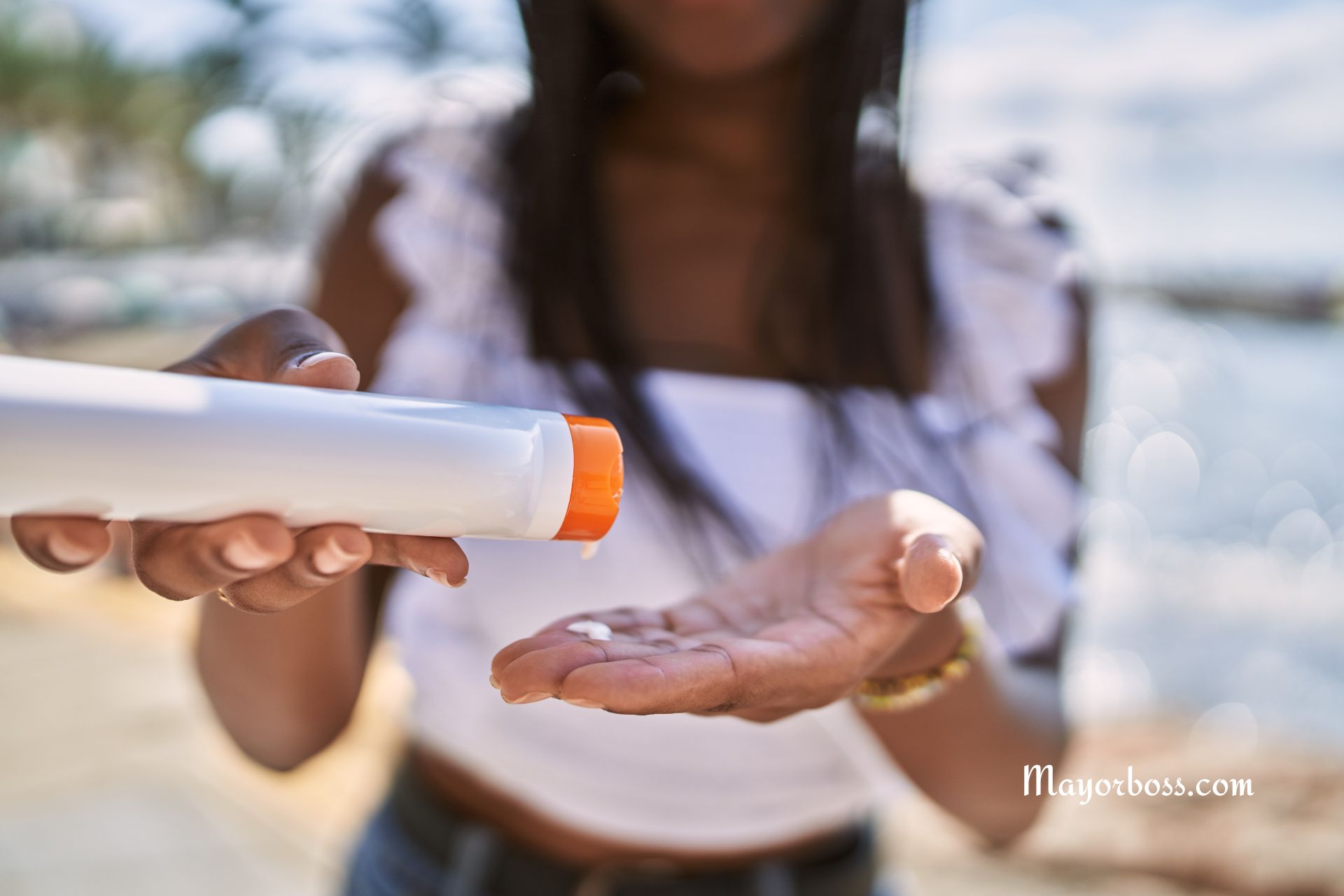How to Prevent and Treat Chigger Bites
Chigger bites can be a real nuisance. These tiny mites are known for causing itchy and uncomfortable skin irritations. While they are most common in wooded or grassy areas, you can take steps to prevent bites and effectively treat them if you’ve been unlucky enough to be a snack for chiggers.

What Are Chiggers and Where Do They Live?
Chiggers are tiny mites that are barely visible to the naked eye. They love to hang out in tall grass, woodlands, and near bodies of water like lakes and streams. So, if you’re planning an outdoor adventure, these are the spots where you’ll need to be extra careful.
Prevention
Wear Long Sleeves And Pants
To keep chiggers at bay, you should wear long sleeves and pants. Tuck your pants into your socks to create a physical barrier that chiggers can’t easily cross. Similarly, wearing shoes instead of sandals can also make a big difference.
Use Repellents
Insect repellents containing DEET or permethrin are effective against chiggers. Apply the repellent generously on your skin and clothing, and you’ll make yourself less appetizing to these mites.
Mind Your Surroundings
Steering clear of chigger-infested areas is another smart move. Stick to well-trodden paths when hiking and avoid sitting directly on the ground. According to experts, chiggers prefer to congregate in moist, shady areas.
What to Do if You Get Bitten
Wash Immediately
If you suspect you’ve been bitten, wash the affected area with soap and water as soon as possible. Doing so can help remove any lingering chiggers and minimize itchiness.
Apply a Cream or Gel
After washing, apply an over-the-counter anti-itch cream or gel to the bitten areas. Calamine lotion or hydrocortisone cream can be effective in reducing itchiness and inflammation.
Keep the Area Clean
Maintaining cleanliness can’t be stressed enough. Make sure to keep the affected skin clean and dry. You can do this by washing the area daily and applying a clean bandage.
Consult a Doctor
In some cases, chigger bites can become infected or cause allergic reactions. If you notice signs like increased redness, swelling, or pus, don’t hesitate to consult a healthcare professional for appropriate treatment.
Home Remedies for Relief
Cold Compress
Applying a cold compress can offer immediate relief from itchiness. Place a cloth wrapped in ice or a cold pack on the affected area for about 10 minutes.
Oatmeal Bath
Taking an oatmeal bath is another natural remedy. Soak yourself in a tub filled with warm water and a cup of colloidal oatmeal. This can help soothe your irritated skin.
Aloe Vera
The gel from an aloe vera plant can also provide relief. Apply it directly to the bites to help reduce itching and inflammation.
When to Seek Medical Help
Chigger bites are generally harmless and will heal on their own. However, if you experience severe symptoms like increased pain, swelling, or signs of infection, it’s time to seek medical help.
Frequently Asked Questions (FAQs) About Chigger Bites
How Long Does Chigger Bite Last?
Chigger bites can last anywhere from one to two weeks. The itchiness usually peaks around 24 to 48 hours after the bite. During this time, it’s crucial to avoid scratching the affected area to prevent infection.
Can Chigger Bites Spread?
No, chigger bites themselves can’t spread. Chiggers don’t move from one person to another like some other parasites. However, scratching the bites can break the skin, making it easier for bacteria to enter and cause an infection. If this happens, the infection can indeed spread to other parts of your body.
Are Chigger Bites Dangerous?
Most of the time, chigger bites are more annoying than dangerous. They cause itchiness and discomfort but are generally harmless. According to medical professionals, the primary concern is the potential for secondary bacterial infections from scratching the bites. So, if you notice any signs of infection, consult a healthcare provider promptly.
How Can I Identify a Chigger Bite?
Chigger bites often appear as small, red, itchy bumps on the skin. They’re commonly found around areas where clothing fits tightly against the skin, like waistbands and sock lines. Sometimes you might see a bright red dot in the center, which is a remnant of where the chigger bit you.
Are Chiggers Active Year-Round?
Chiggers are most active from late spring to early fall, especially when the ground is moist and temperatures are warm. In colder weather, chiggers go dormant, reducing the chances of getting bitten. So, if you’re venturing into chigger territory, summer is the season to be especially vigilant.






